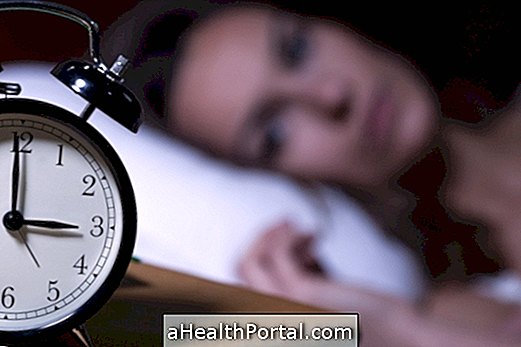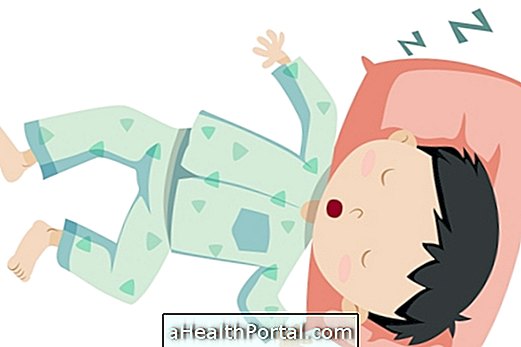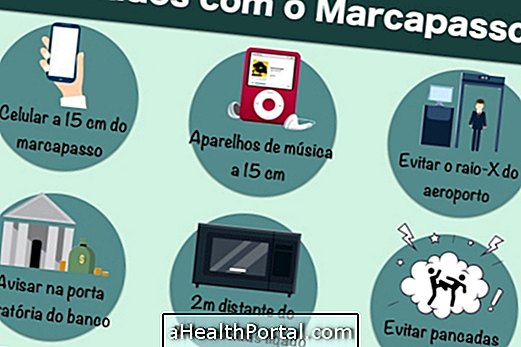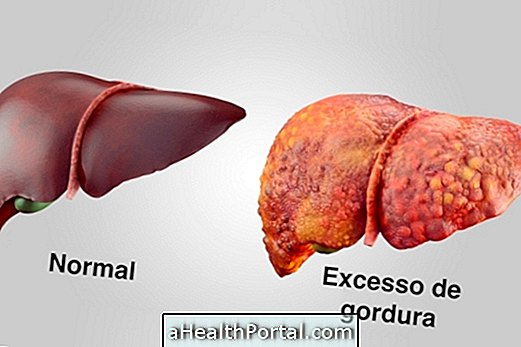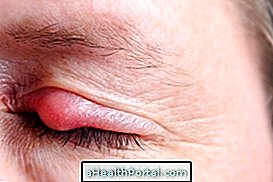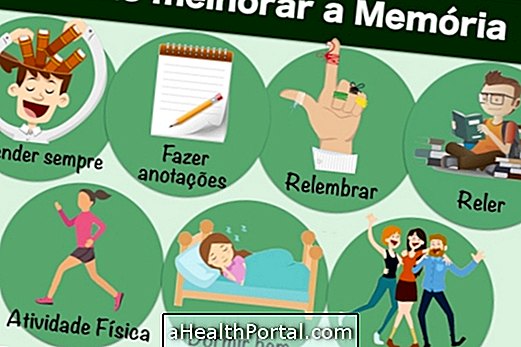Lack of sleep or difficulty sleeping well reduces the ability to concentrate during the day and may also cause mood changes. In addition, when poor sleep quality becomes frequent, there may be changes in appetite and health problems such as stress, anxiety and the development of memory failures.
Here are some tips that may be helpful in improving sleep quality, which should be adopted as a new lifestyle.
1. Respect the bedtime
On average you need to sleep about 8 to 9 hours of restful sleep to be well alert the next day and therefore those who need to wake up early should also go to bed early, respecting these times even on weekends and holidays. A good tip is to have an alarm on your cell phone to remember what time you should go to bed.
2. Turn off the TV.
About 1 hour before bedtime, switch off the TV, computer and stay away from these devices, as well as cell phones and video game games, because they excite the brain and make you more agitated, impairing sleep . The only appliances that can be connected in the bedroom during sleep are the radio, to play the sounds of nature, air conditioning or the fan, as they produce noises that facilitate sleep.
3. Read before bedtime
Lie down in bed only when you are asleep, before you can lie on the bed or preferably on the couch reading a book in a slightly dim light. Try to read something that brings peace and quiet and avoid books or stories that promote tension and stress, such as newscasts.

4. Create a dark environment
Turn off the house lights and leave only one lamp on. Preferably, it has an orange light, as it favors sleep, as indicated by color therapy. But if this is not possible try to keep the lights off so that the darkness makes it easier to sleep.
5. Cochile after lunch
A nap of approximately 10 to 30 minutes shortly after lunch should already be enough to relax without hampering nighttime sleep. Do not take long naps during the day, as they can "steal" the night's sleep. Prolonged naps during the day are only for infants and children up to 4 years of age.
Here's how to do the proper dozing without affecting sleep.
6. Exercise regularly
Practice at least 30 minutes of exercise per day, but not after 21 hours, as they can also impair sleep. When exercising, the body spends more energy and there is an increased need for rest. If you can not go to the gym, try walking after dinner.
7. Avoid drinking coffee after 5:00 p.m.
Avoid consumption of stimulant foods such as coke, coffee, black tea and guarana from 5 o'clock in the afternoon. See other examples of foods that make you sleepy. Whenever possible, opt for foods that favor sleep, such as a glass of warm milk or a glass of red wine, for example.

8. Silence is fundamental
Avoid very loud environments. Buying an ear protector that is used in swimming pools can help you find the necessary silence to sleep. However, some people need background noise to get to sleep, the so-called white noises, such as the noise of a washing machine, the kitchen exhaust fan on, or an off-station radio, for example. There are also some cell phone applications that produce these noises, making sleep easier.
9. Comfort to sleep well
Have a comfortable bedroom to sleep, ideally to have curtains that leave the room very dark at night (a blackout can help) and the room temperature is also important. The room should be neither hot nor cold. In addition, comfortable pajamas and a good pillow can also help you relax, reducing back and neck strain, making sleep easier.
If you prefer, you can still sleep without clothes, as well as being more comfortable brings several health benefits. Find out what the key benefits are.
10. Get up early every day
When the alarm clock rings in the morning, stretch, but get up early and, if possible, open the curtains and windows, leaving the room clear for the brain and body to understand that it is time to get up for a new day.
If even following all these tips for 1 month can not sleep well, a medical consultation is advised because there are some diseases that make sleep difficult, such as restless legs syndrome, migraine, sleep apnea and hormonal changes and for all they are solutions.


